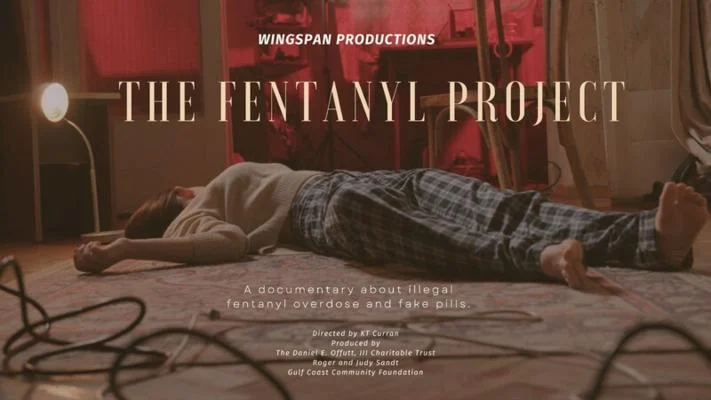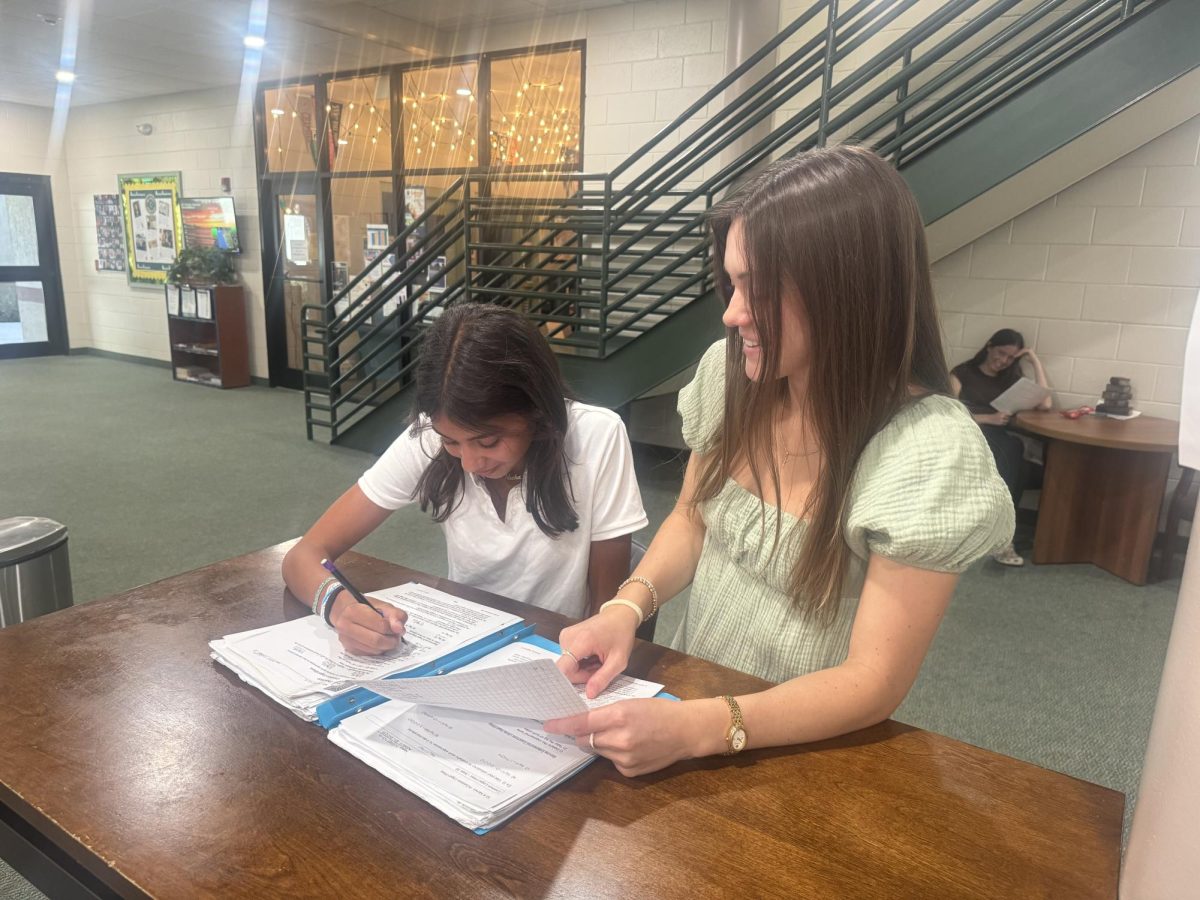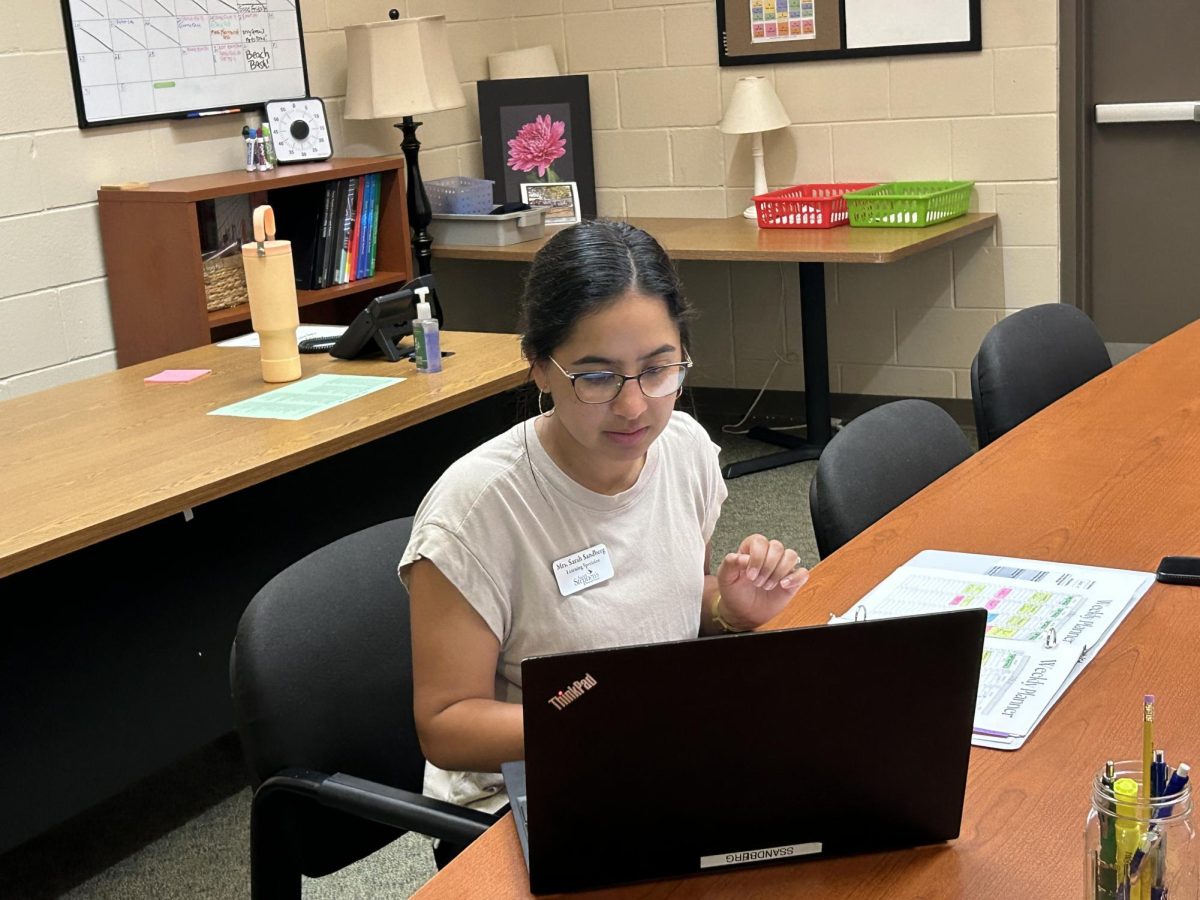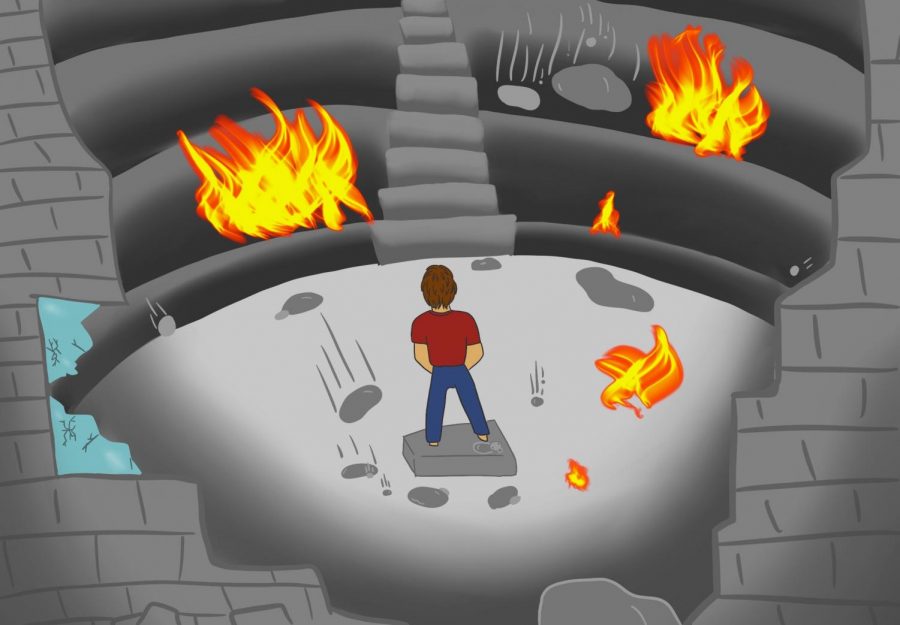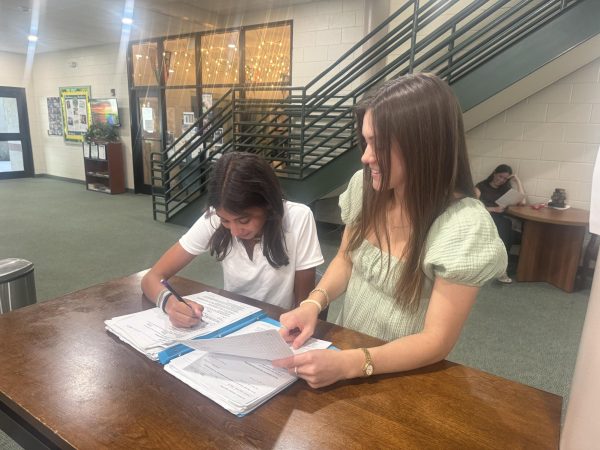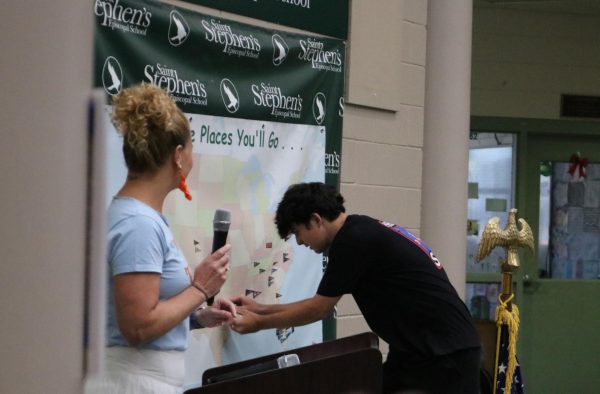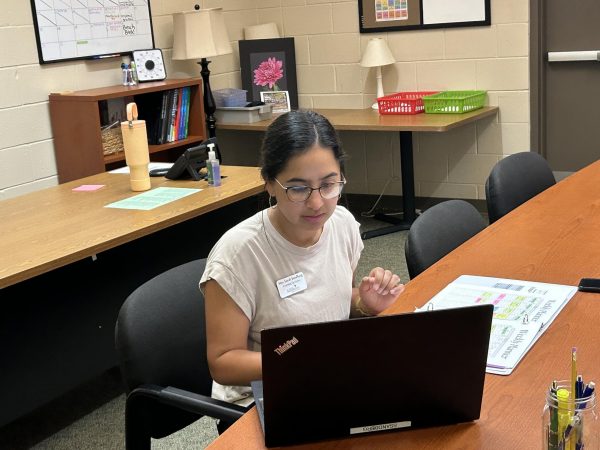You aren’t alone
Suicide Awareness month just passed. Reach out to the ones you love. Make sure they know they aren’t alone, because no one in this world is truly alone.
An arena, collapsing down around someone. Their feet are stuck and they stand and watch as it all falls down.
September 30, 2021
Have you ever been so down on yourself that everything feels as if it’s closing in on you? If the answer is yes, then we have more in common than you know.
This feeling of your world caving in— that could be this oh-so-common-feeling, depression.
This month we brought awareness to a pressing matter known as a symptom of depression, suicide. During the month of September, the world recognizes Suicide Awareness Month.
As individuals, we can all play a part in recognizing and fighting against depression. Especially now, this month, reach out to your friends and family. See how they are feeling and what they are going through. We, as human beings, too often push aside our feelings. Now is the time to embrace your own feelings, too, and let the people around you know what you may are going through. .
In today’s society, 3.8% of the world’s population is affected by depression. That means about 280 million people are affected by depression today. In 2019, more than 700,000 people died by suicide. This means about one in every 100 deaths are due to suicide.
We all know of the word, but what really is depression? Mayo Clinic classifies depression as “a mood disorder that causes a persistent feeling of sadness and loss of interest. It affects how you feel, think and behave and can lead to a variety of emotional and physical problems.” Someone with depression “may have trouble doing normal day-to-day activities, and sometimes you may feel as if life isn’t worth living.”
Depression comes in episodes. During a depressive episode, the person experiences a mood change. This could be feeling sad, irritable, or empty. This can cause a loss of pleasure or interest in activities; depression can last for days, weeks, months or even years.
For me, I conjure this vivid image of me, standing in the middle of an arena. The stands are collapsing down around me, the air seems to thin out. My feet are stuck and I stand and watch as the world around me falls down.
My mood is deepened, my day is ruined, and it becomes hard to think about anything else besides this image.
This feeling, while it may seem intense, is minuscule to the experience of a depressive episode.
Episodes can take many different physical forms. Someone could look as happy as can be, smiling and laughing, but what if this person is wearing a mask? No, I don’t mean the face masks the world adopted for COVID. I mean the facade of happiness, the fake smile someone puts on their face to keep the world from knowing their emotions.
This is why it’s important to have open conversations about mental health. Parents, talk with your kids about their mental health. Do check-ins to make sure they are okay. You never know: that one conversation could change that person’s life.
I know, it’s a touchy subject, but embrace it. Mental health isn’t this risqué, shameful topic. Talking about mental health isn’t going to cause someone to self-diagnose themself. If anything, it will help them identify their feelings that they have been suppressing.
That’s why it’s important to have these conversations. Suppressed emotions will surface one day, and when they do, it will flood over that person.
This metaphorical “flood” of emotions can cause the person to suffer far greater symptoms of depression and breakdown. Perhaps if someone had communicated openly about mental health with them prior to their breakdown, this “flood” could have been avoided.
As twisted as it sounds, open communication between family or friends can prevent someone from taking their own life.
Have you ever heard a friend say something that didn’t sit right with you; when you heard it you thought to yourself, “I wonder if they’re ok?” However, you didn’t want to set them off so you left it unbothered. This situation is too common.
In ages 15-29, suicide is the fourth leading cause of death.
Globally, the suicide rates are decreasing; however, in America, they are going up. The W.H.O. (World Health Organization) reported between 2000 and 2019, the global rate decreased by 36%; meanwhile, during the same time period, America’s rate increased by 17%.
The W.H.O also reports half of mental health conditions appear before 14 years of age. Thus, all high school students around the country have reached the age where mental health conditions appear. The person you’re sitting next to in class could be suffering from a mental health condition and you would never know.
Remember it’s not always the quiet kid in the corner of the class. It can be the star athlete who just made three touchdowns in a game. Depression is something that can truly affect anyone, maybe your teacher, or your best friend. The point is you never know.
Personally, I have been sitting in class when the image comes to me and I know that no one knows what has just appeared in my head. How could they know?
I put on my mask and keep smiling. I laugh and talk and no one would guess how I am feeling.
With this month coming to an end, we should reach out to our friends and family. Have those open conversations with them and truly listen, let everyone feel heard.
Sources:
Newsroom
who.int
Mayo-clinic



